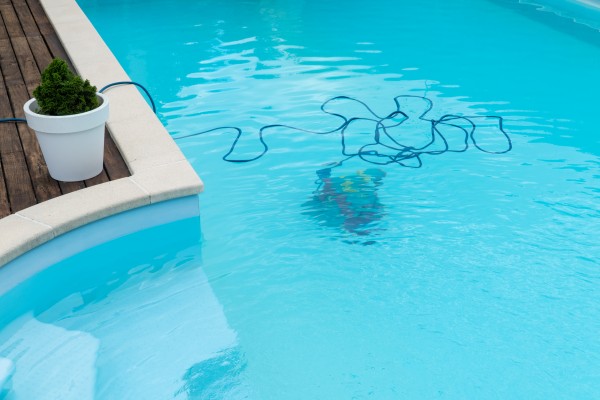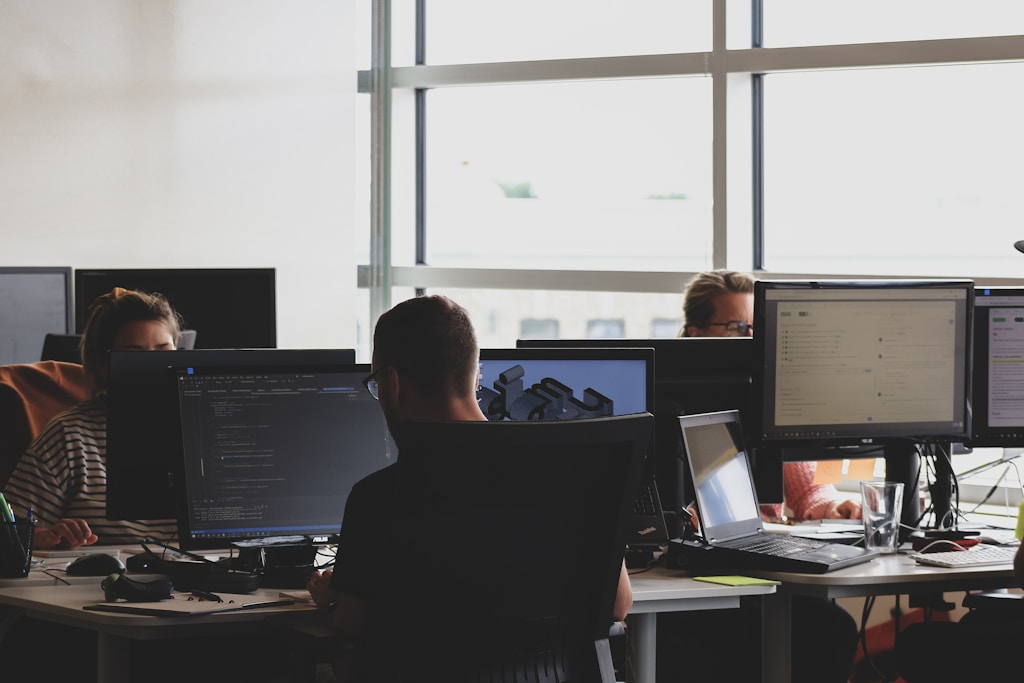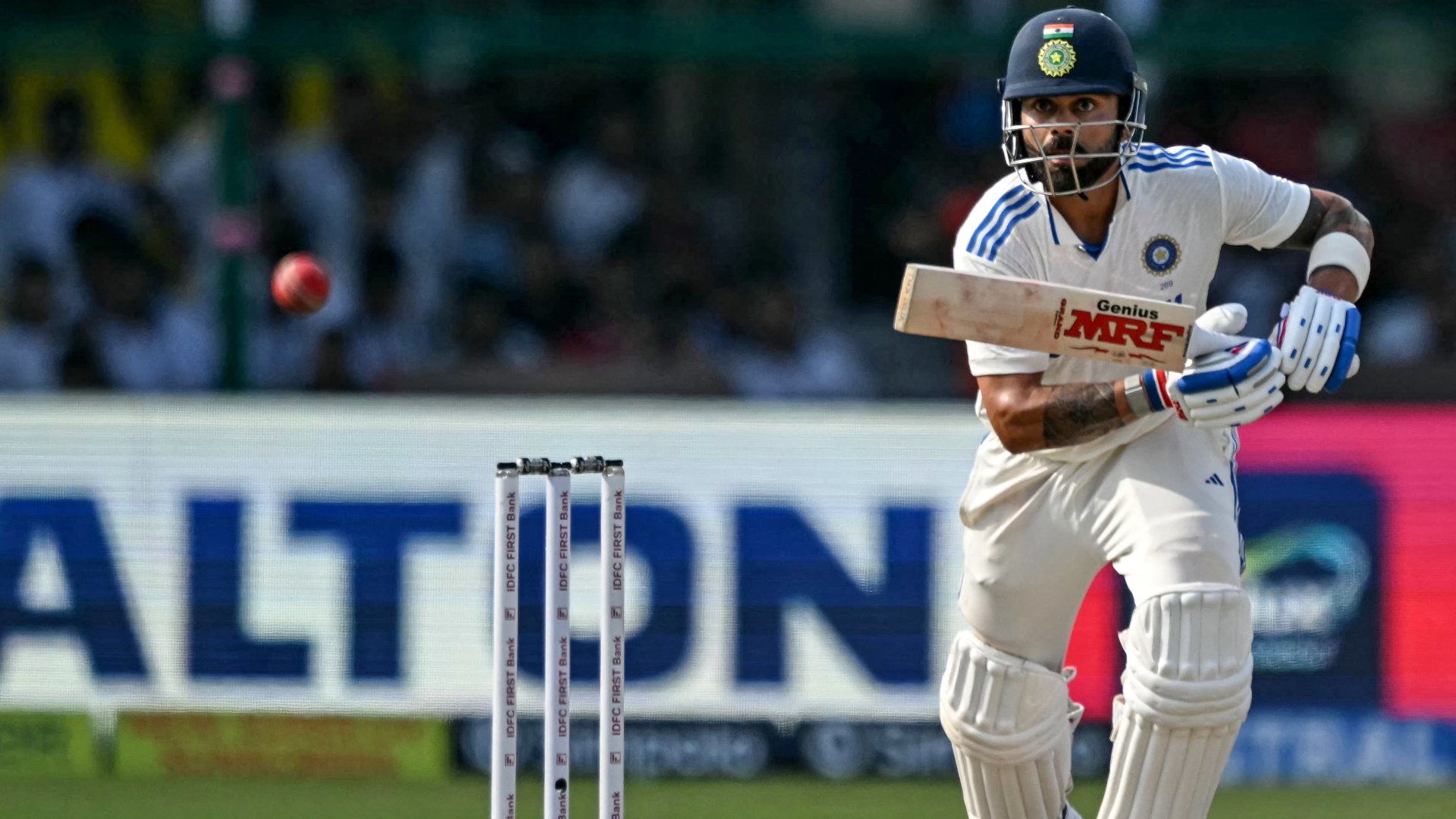1. Chemical Balance:
It is extremely important to achieve and sustain the correct chemical balance in your pool if you want to keep both swimmers and water in good health. This means regulating levels of pH, chlorine, alkalinity – plus other chemicals too – so that bacteria will not grow; neither will algae which can make the water green; nor will it irritate people’s skin.Because there are many factors at play (eg weather, how many bodies have been in the water), things can alter quite quickly: this is why regular testing is vital. If compounds do need adjusting, there can be a lot of science involved!If your pool does get out of kilter, the results could be expensive as well as disappointing. For instance pumps and liners may start to corrode; water might become cloudy or worse still pose danger to health. In these circumstances you may end up paying for professional advice or else more advanced testing kits – further items to add to your maintenance bill. Then again, think how often they come round: so somebody must think it’s worth it.
2. Cleaning and Filtration
Pool maintenance requires both filtration and cleaning to function properly and stay clean. Skimming, vacuuming and brushing help prevent algae growth, calcium deposits and dirt accumulating in the water — meaning you can enjoy clearer pool water as well as a hygienic swim. Don’t forget about those filters too: they work hard at taking out tiny bits of dirt along with any other nasties that shouldn’t be there!
Filtration systems usually include filters and pumps to move water through the system while cleaning it. Debris and particles are caught in the filters as the water circulates; for larger pools or ones that get heavy use, these filters may need to be cleaned or even replaced from time to time so that they continue working effectively.In addition some people opt for an automatic pool cleaner—an upfront investment with ongoing operating costs—that can do most of the job hands-free while others still prefer traditional methods like skimming leaves by hand.
3. Equipment Maintenance:
It’s essential to maintain pool equipment properly if you want it to last. Pool parts such as heaters, pumps and filters need regular servicing: this will help prevent them from breaking down and ensure they work efficiently. Some jobs should be done often – for example checking there aren’t any leaks, cleaning filters, oiling moving parts and making sure the electrics are ok.If you don’t look after your equipment, it may well become damaged beyond repair; and broken machines can mean pools have to close temporarily while water quality is affected. Occasionally things need fixing that only professionals can do: clearly, this will cost extra money on top of what you’d normally expect to pay for upkeep.Nevertheless, taking action before something goes wrong not just makes kit more reliable. It also makes it last longer, employs less power (thus saving cash), plus keeps swimmers safe in an environment where they can move around comfortably.
4. Seasonal Considerations:
Pool maintenance is greatly influenced by the time of year, particularly in areas where the weather changes a lot. When it gets close to winter, there are several things you need to do to get your pool ready for the season. For example, you have to drain all the water so it doesn’t freeze and damage the pipes or equipment – then cover it up so leaves won’t make it dirty. It can be quite a job and some people may also put special chemicals in the plumbing system. However preparing pools for summer when covers must be taken off, water added, chemicals adjusted and equipment checked after months in storage is just as important!
Maintaining a pool’s functionality, safety and enjoyment year-round requires both winterization and summer preparation. Professional help may be needed for these tasks – which can take time and cost money too. Also, temperature affects water chemistry so its pH balance or chlorine levels often need adjusting. By being proactive with routine care you’ll spend less in the long run on repairs or replacements!
5. Safety and Compliance:
The importance of keeping pools safe and meeting local rules can’t be overstated. You need to do things like put up barriers, gates and covers so kids can’t get in when there’s no one around – and have them in good working order too. It’s also essential that if anything does go wrong there is equipment available which will help deal with the situation properly; for example life-saving devices including lifebelts as well first aid kits. All these items must be easy to reach at any time.
Regular checks are needed to make sure safety precautions satisfy local standards and codes. If they don’t, you can be fined or even sued. And it’s not just about avoiding legal trouble: keeping an eye on how clean the pool water is (as well as whether everything else matches up chemically) also matters when we talk health – infections, skin rashes and breathing problems can more easily happen when things aren’t maintained properly.
Making investments in safety and compliance doesn’t just make pools safer – it also gives owners and users peace of mind. By taking a proactive stance that helps reduce risks, promote responsible management: you can increase pool safety while at the same time keep everybody happy!
6. Labor Costs
The expense of labor in pool care can be high, especially when it comes to jobs that need special equipment or knowledge. Hiring specialists to balance chemicals, repair gear and keep things ticking over from season to season makes sense: they’ll do it properly and quickly. Pool technicians know how to work with cleaning agents safely; they can adjust filtration systems as well as deal with any problems (often complicated) that crop up with the mechanics.
Labor costs may also fluctuate based on a few factors: where you live and what exactly you need done. Those routine checkups and surprise fixes will start to take a chunk out of your budget over the years. To deal with this unpredictability — or just make payments easier to track — some people sign service contracts or pay for pool upkeep in one lump sum at the beginning of swim season.
Although it is possible to do some maintenance yourself – such as skimming the surface and basic water tests – many people find it reassuring to have professionals look after the more technical jobs. Employing trained operatives can help extend the life of your pumps, filters and heating system, keep water quality stable and ensure all those vital safety features are in good working order.
7. Pool Robot Redefine Pool Care Game
Advances in technology have greatly improved the way pools are maintained; one of the best options available for those with lots of money (the high-end market segment) is the Beatbot Aquasense Pro. This device leads its field because it does such a good job at keeping pool floors and walls clean: all by itself! No longer does someone have to spend time getting leaves and other dirt out of their pool – if they buy an Aquasense Pro, that is. Indeed when used regularly these robotic cleaners help keep water quality high too meaning you may need fewer chemicals – which has benefits for both your pocket and the planet.
The Beatbot Aquasense Pro further enhances energy efficiency by incorporating technologies like intelligent control systems and low-energy components that help manage power consumption. These innovations also make maintenance easier and more effective overall; together they enable the device to deliver unbeatable performance in its class – meaning you’ll spend less time worrying about cleaning your pool and more hours enjoying safe, crystal clear swims!





